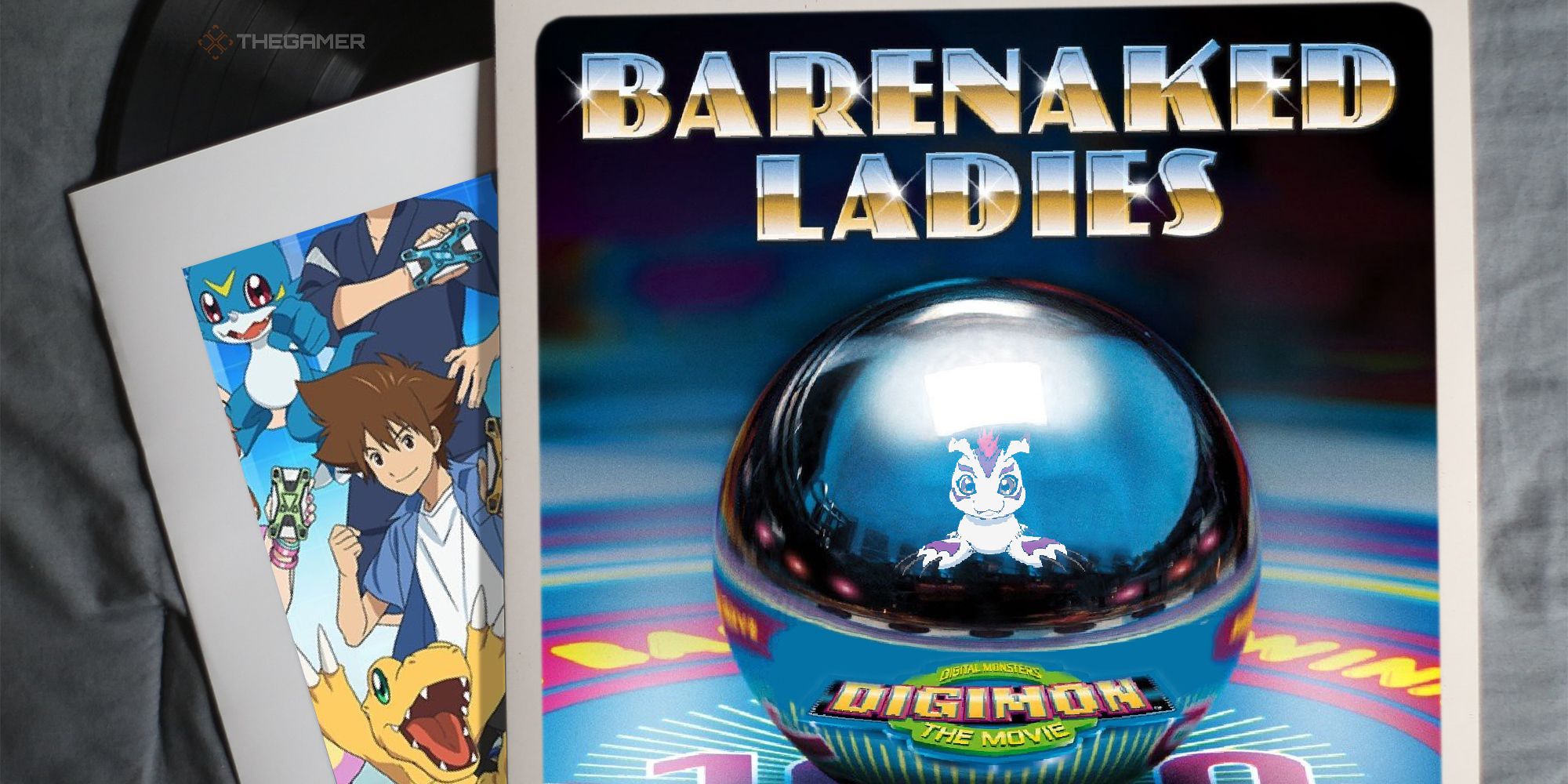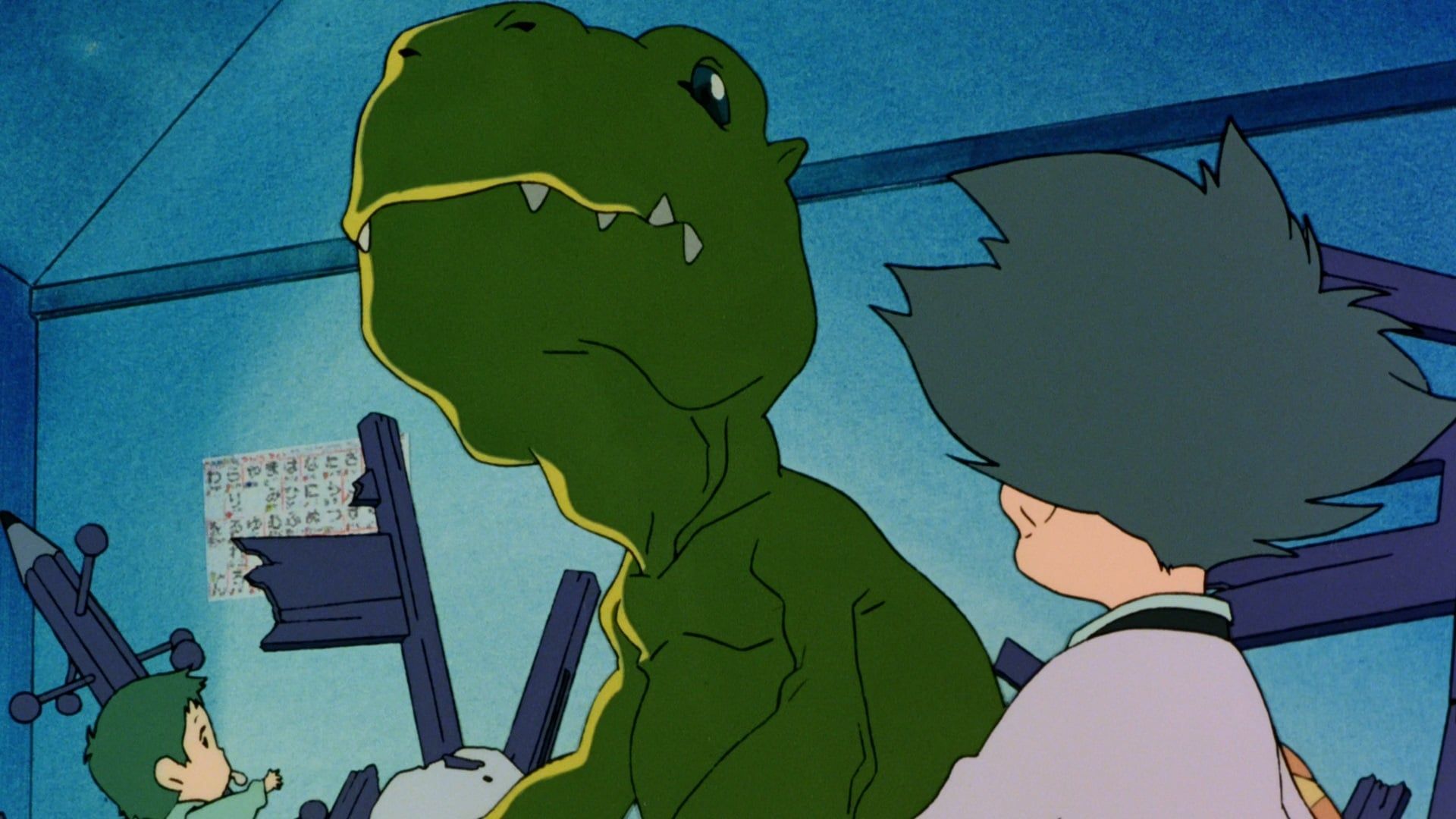The Digimon Movie was an enigma when it first released in February 2001. The anime had already become a hit on Fox Kids with Western audiences, so it was only a matter of time until a movie adaptation hit the silver screen with all the expected bombast. Except this film was a little different. Instead of merely dubbing a singular film like Pokemon had done in the past, Digimon instead opted to combine a number of different movies from Japan while seeking to morph them into a single, cohesive storyline. It didn’t really work...
Three short films are used - Digimon Adventure: Our War Game, Digimon Adventure 2: Digimon Hurricane Landing, and Transcendent Evolution: The Golden Digimentals. The dubbing introduced a number of massive changes in tone, writing, dialogue, structure, and was a bit of a mess - yet the film still has a nostalgic place in my heart because it was so wonderfully absurd. It doesn’t make sense, but you didn’t care as a kid and put aside the rapidly changing animation styles and character introductions just so you could have a good time. Anime isn’t treated like this anymore, and that truth is oddly bittersweet.
One part of this film that has aged better than anything else is the incredible soundtrack. I don’t know who decided that The Digimon Movie needed to have a score almost entirely dedicated to ska, but I want to shake their hand and take them to dinner. I can imagine the boardroom meeting where some dude put on One Week from Barenaked Ladies, and they all just nodded in unison at the magical discovery they’d just made. When I think of befriending creatures in a digital realm I also think of The Mighty Mighty Bosstones - it’s a natural connection that Japan are fools for not making when creating the franchise.
Less Than Jake, Smash Mouth, Fatboy Slim, Barennaked Ladies, and The Mighty Mighty Bosstones didn’t just appear on the soundtrack, their songs surface at pitch perfect moments throughout the film that expertly reinforce the evolving tone. The discordance of jamming three Japanese shorts together into an unwieldy homunculus was befitting a music genre which itself embraces joyful unpredictability. The Impression That I Get plays out the film’s second act as our main characters prevent a nuclear strike on Tokyo (or some random city in the United States according to the dub) and it reflects the relief of our heroes and the obliviousness of the wider world beautifully. They’ve saved humanity from the comfort of their bedroom while their mum makes dinner, and it’s classic Digimon in a way I wouldn’t change for the world. The television anime was never this wild, subversive, or self-aware in its execution, making the film a flash in a pan that would never happen again.
Believe it or not, The Digimon Movie also beat Shrek to the punch with its use of Smash Mouth’s All Star, also putting it to brilliant use in order to alleviate the tension of a dramatic plot development. There’s a moment earlier in the film set to an original song that is still so fucking hype. It’s a race against time for a bunch of kids to save the world from utter devastation all while operating under their parent’s noses. As a child I could see myself in their shoes, cementing why this film and its soundtrack have left such a lasting impression on me and so many others.
We now live in a world where anime is easily accessible, meaning we’ll never see Western companies take chances on properties like Digimon while simultaneously morphing them into something they were never meant to be. Most of the time this results in some genuine monstrosities, but others will give us masterful disasters like The Digimon Movie. I still love ska music to this day, and it’s all thanks to this classic. Its anniversary is coming next month, so maybe I’ll do a rewatch and let you know how it holds up. We might even touch on that haunted Angela Anaconda intro movie.


